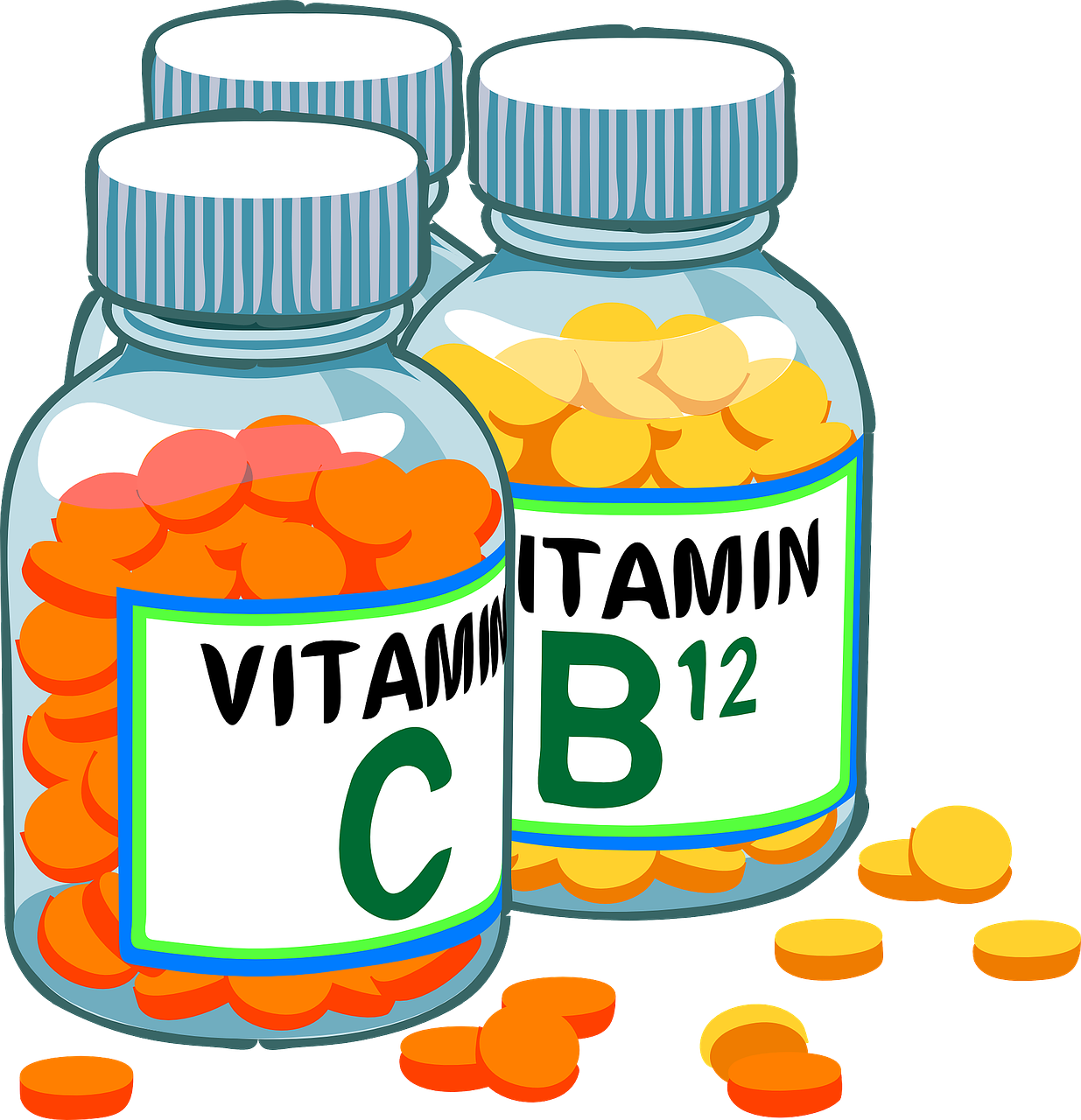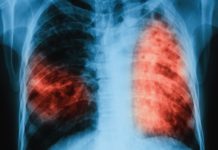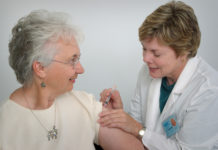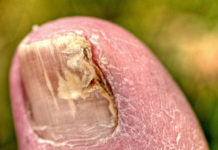
A neurologist writes why commonplace symptoms like tingling and numbness should not be ignored
Most people have suffered the feeling of tingling and numbness, thinking it to be a normal or a benign entity.
Tingling is pricking sensation (pins and needles). A reduction in the ability to sense something on the skin is termed as numbness. People generally notice these sensations in hands, feet, arms and legs. Tingling and numbness are temporary or benign when it is due to pressure on nerve. This can happen because of sitting with crossed legs or standing or sitting in one position for a long time and they disappear on change of posture.
But when these abnormal sensations persist then they are due to damage to our peripheral nerves that carry sensory information to the brain. These nerves are like cable connections from every part of body to the brain.
Neuropathy is often misdiagnosed due to its complex array of symptoms
Peripheral neuropathy refers to the many conditions that involve damage to these cables. Most instances of neuropathy are acquired.
* There are several causes of peripheral neuropathies and diabetes is one of the most common causes. It accounts for about one-third of cases. Tingling and numbness in hands and feet should alert a diabetic that his disease is progressing and he needs stricter control of sugar levels with medications, dietary and lifestyle changes including regular exercises.
* Carpal tunnel syndrome is another common cause of tingling and numbness in hands and fingers of mostly women due to pressure on the median nerve (supplies muscles of the hand) which gets trapped while passing through the carpal tunnel in wrist. The symptoms are usually most severe at night.
* Vitamin B12 deficiency is one of the major nutritional causes of peripheral neuropathy and occur mostly in strict vegetarians. Replacement of Vitamin B12 improves symptoms in such patients. Vitamin B1, B6, E and Niacin deficiency are also associated with peripheral neuropathy. Alcoholics are known to have vitamin B1 or thiamine deficiency due to poor eating habits.

* Spinal cord diseases like cervical or lumbar spondylosis due to disc herniation are also common cause of tingling and numbness in upper and lower limbs respectively.
* Infections like herpes zoster, also known as shingles, Lyme disease and serious polyneuropathy associated with weakness of all limbs know as Guillain-Barre syndrome (GBS) also causes pins and needles sensations. GBS occurs when the body’s immune system mistakenly attacks the nerves in the body.
* Narrowing of blood vessels due to smoking, exposure to cold, systemic diseases like scleroderma, lupus and rheumatoid arthritis can also lead to peripheral neuropathy.
* Exposure to toxins like lead, arsenic, mercury, tobacco, many medications like anticancer drugs and radiation also cause peripheral neuropathies.
* Many serious neurological diseases like multiple sclerosis, stroke or transient ischaemic attack (TIA or mini-stroke), pre-seizure sensations, also called aura can also present with tingling and numbness.
* Systemic diseases involving liver and kidneys, hormonal imbalances like hypothyroidism, lupus and other autoimmune diseases, benign tumours impinging on nerves are also important causes of peripheral neuropathy.
* Inherited or genetic diseases like Charcot-Marie-Tooth disease which affects both motor and sensory systems are rare causes of peripheral neuropathy.
Symptoms can range from mild to disabling and are rarely life-threatening. The symptoms depend on the type of nerve fibers affected and the type and severity of damage. Symptoms may develop over days, weeks, or years.
Neuropathy is often misdiagnosed due to its complex array of symptoms.
Various blood tests can detect diabetes, vitamin deficiencies, liver or kidney dysfunction, other metabolic disorders, infections and signs of abnormal immune system activity. Gene tests are available for some inherited neuropathies. Additional tests (NCV/ EMG) may be ordered to help determine the nature and extent of the neuropathy.
Correcting underlying causes can result in the neuropathy resolving on its own as the nerves recover or regenerate. Healthy lifestyle habits such as maintaining optimal weight, avoiding toxic exposures, eating a balanced diet, and correcting vitamin deficiencies are essential. Smoking cessation is particularly important because smoking constricts the blood vessels that supply nutrients to the peripheral nerves and can worsen neuropathic symptoms. Exercise can deliver more blood, oxygen, and nutrients to far-off nerve endings, improve muscle strength, and limit muscle atrophy. Medications recommended for chronic neuropathic pain are also used. Relieving mechanical pressure on the nerve alleviates tingling and numbness symptoms in cases of pressure palsies.











